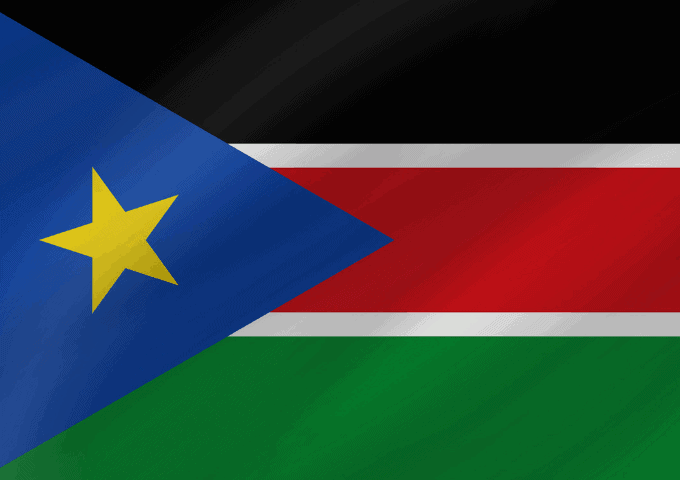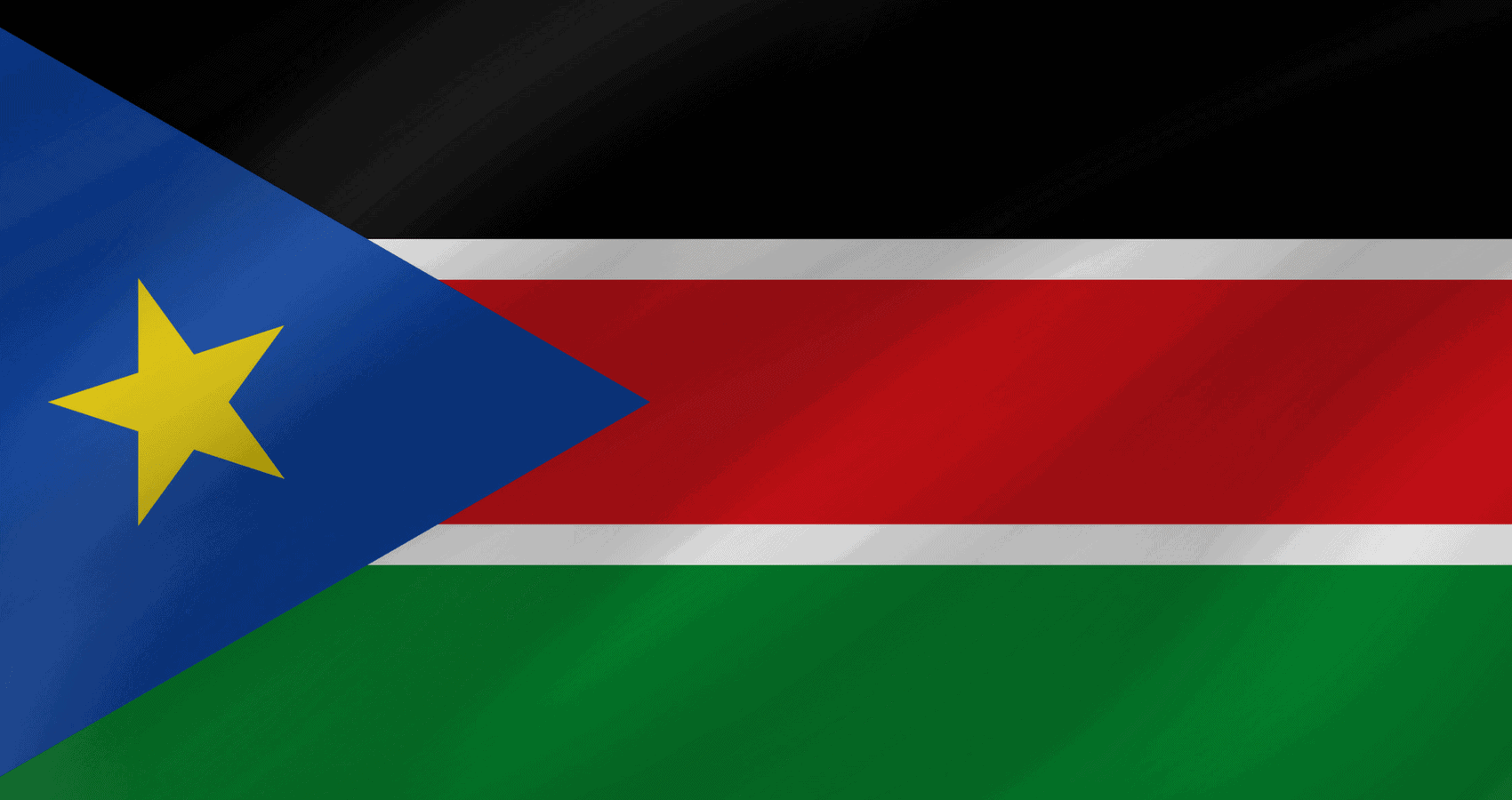The Intergovernmental Forum on Mining, Minerals, Metals and Sustainable Development is pleased to welcome the Republic of South Sudan as its 60th member state.
“The decision of South Sudan—the world’s newest country—to join the IGF will provide it with a global forum to learn about international best practices,” IGF Director Greg Radford said in a statement.
“We very much look forward to their participation and to supporting the government in its efforts to build a strong and sustainable mining sector.”
The IGF is a voluntary partnership that welcomes any member state of the United Nations.

South Sudan, which gained independence in 2011, is working to strengthen its economy after decades of civil war. Mining could help to provide a source of much-needed employment and—if managed responsibly—spur broader economic development and diversification.
“The IGF serves as a unique venue where member states can engage with mining companies, industry associations and civil society to share knowledge, expertise and experiences on sustainable mining,” said His Excellency Gabriel Thokuj Deng, Minister of Mining.
“As we endeavour to diversify our economic base away from petroleum, we are eager to learn from the experiences of other member countries while we work to develop our mining sector.”
South Sudan’s government is in the process of reforming its mining policies, most notably by amending the Mining Act and establishing the Ministry of Mining as an independent agency, rather than a department of the Ministry of Petroleum and Mining.
“The ministry is actively engaging with organizations such as the IGF in order to tap into their wealth of knowledge, experiences and expertise in the mining sector,” Deng added.
“We have an ambitious agenda and are seeking assistance in attracting investment in order to develop our mining industry, which is still in the early stages of development and exploration.”
The ministry’s goals for the coming decade are to:
- Develop the ministry’s physical infrastructure
- Build the capacities of ministry staff
- Strengthen management and administrative system and procedures
- Promote a culture of research and best practices
- Strengthen coordination both within the ministry and between the ministry and its partners/stakeholders
- Enhance technical operations of the ministry through various interventions in order to:
- Establish a cadastral system for mineral development
- Control illegal mining
- Disseminate the Mining Act and Regulations
- Supervise and monitor mining operations
- Conduct regional and detailed geological mapping for the basement complex of the Republic of South Sudan
- Conduct a regional geochemical survey of South Sudan
- Carry out an airborne geophysical survey for one third of the country within the basement complex
- Establish and operationalize a geological laboratory and library
- Provide geotechnical services
- Establish a Monitoring and Evaluation System
More information is available on the ministry’s website: www.mom-goss.org
The IGF supports 60 nations committed to leveraging mining for sustainable development to ensure that negative impacts are limited and financial benefits are shared.
It is devoted to optimizing the benefits of mining to achieve poverty reduction, inclusive growth, social development and environmental stewardship.
The IGF is focused on improving resource governance and decision making by governments working in the sector. It provides a number of services to members including: in-country assessments; capacity building and individualized technical assistance; guidance documents and conference that explore best practices and provide an opportunity to engage with industry and civil society.
These efforts are largely framed by the IGF’s flagship policy guidance and assessment tool, the Mining Policy Framework (MPF). The MPF lays out international best practices in six key pillars of mining policy and law: the legal and policy environment; financial benefit optimization; socioeconomic benefit optimization; environmental management; mine closure and post-mining transitions; and artisanal and small-scale mining.
The International Institute for Sustainable Development has served as Secretariat for the IGF since October 2015. Core funding is provided by the Government of Canada.

